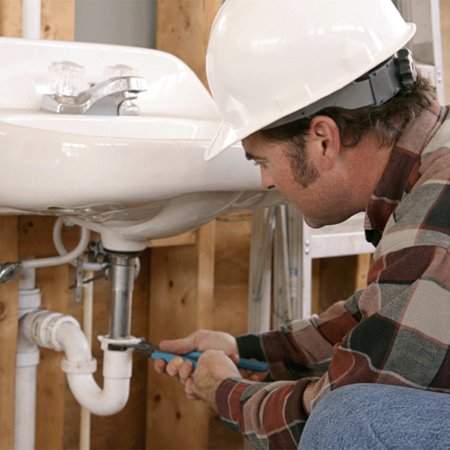Why Is It Important To Fix My Plumbing Leak?

Do Plumbing Leaks Affect Foundation Performance?
The short answer is yes. Any type of introduction of water below a foundation can affect its performance. In DFW, the soils tend to be clay. Clay is expansive soil, meaning the volume of soil changes with the moisture content. As clay soils dry out, they shrink. The shrinkage of the soil can render the soil inadequate to support the weight of the home, causing it to settle. Conversely, clay soils expand with moisture. Too much moisture can cause a foundation to heave or rise upwards. If the range of moisture content is controlled, the foundation will flex up and down seasonably within a reasonable range. When foundations flex too much up or down, repairs may be necessary.
Foundation settlement will be typically addressed by installing piers or pilings to lift and support the foundation. Upheaval can be caused by inadequate surface drainage, groundwater issues, or from below slab leaks. Inadequate drainage can be addressed with either French Drains or Surface Drains, or sometimes both. If the upheaval is caused by plumbing leaks, they would need to be repaired by a licensed plumber.
There are 2 types of plumbing leaks: incoming freshwater leaks and outgoing sewage leaks. Freshwater leaks tend to be identified quickly since the pipe is under pressure. Sewage leaks, however, typically go undetected until either they are tested for.
Sometimes, an elevation survey performed as part of a comprehensive foundation inspection can detect areas of upheaval which may be a result of a below slab leak. Any kind of movement of the foundation (up or down) can cause a below slab leak. Foundation repairs often involving lifting the foundation which in turn can cause plumbing damage. As a result, it is a good idea to have the below slab plumbing tested after any foundation repairs. Unfortunately, there is no way to prevent plumbing damage as a result of lifting a foundation in the repair process.
If a sewage leak is suspected, the plumbing will perform a hydrostatic pressure test. The test involves isolating the pipes below the home (working sewage cleanouts are necessary to perform this test) and filling them with water to the top of the slab. The level of the water is monitored for about 20 minutes. If the water level drops during this test, that means the pipes below the slab are leaking. Any suspected leaks would then need to be located. That is typically done by running a camera into the pipes to visually inspect where the leak(s) is.
Structured Foundation Repairs recommends and includes plumbing tests with their repairs. Call Structured today if you have questions about your foundation.
